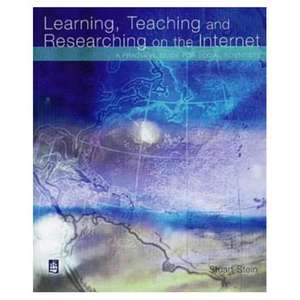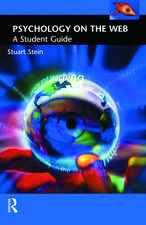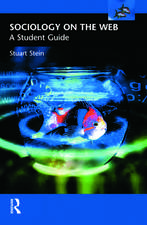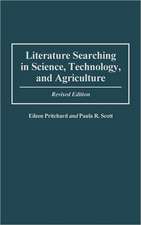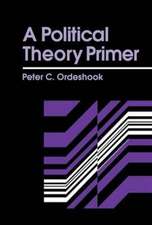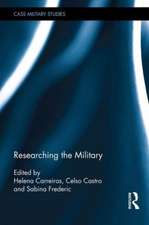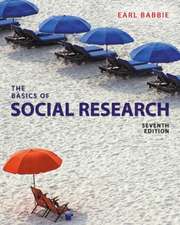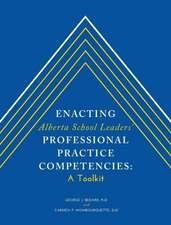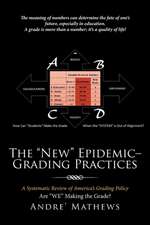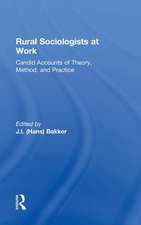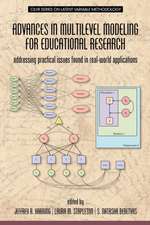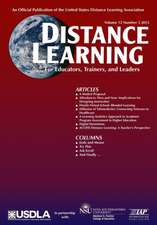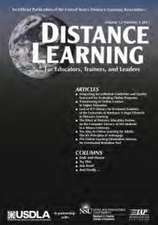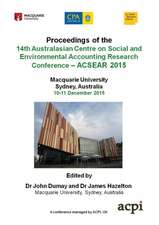Learning, Teaching and Researching on the Internet: A Practical Guide for Social Scientists
Autor Stuart Steinen Limba Engleză Paperback – 4 noi 1998
The Internet is a significantly rich information, communication and research resource for all those involved in higher education, whether they be students, academic staff involved in teaching and research, or educational administrators. Whilst the author has drawn on the large volume of technical literature, it is written on the basis of practical experience acquired over the many years of using Internet resources in the context of teaching undergraduate and postgraduate courses in the social sciences. In addition to extensive coverage on using Web browsers, searching for information at Web sites, in mailing lists and newsgroups, Part IV provides detailed annotations in the resources available at the best sites on the Internet collating materials on politics, sociology, economics, philosophy, psychology, history, human rights, European Union and other categories. The work is structured so that it will be found useful by both beginners and intermediate level users.
Preț: 358.03 lei
Preț vechi: 402.28 lei
-11% Nou
Puncte Express: 537
Preț estimativ în valută:
68.51€ • 71.39$ • 56.73£
68.51€ • 71.39$ • 56.73£
Carte tipărită la comandă
Livrare economică 03-17 aprilie
Preluare comenzi: 021 569.72.76
Specificații
ISBN-13: 9780582319356
ISBN-10: 0582319358
Pagini: 346
Dimensiuni: 172 x 234 x 20 mm
Greutate: 0.73 kg
Ediția:1
Editura: Taylor & Francis
Colecția Routledge
Locul publicării:Oxford, United Kingdom
ISBN-10: 0582319358
Pagini: 346
Dimensiuni: 172 x 234 x 20 mm
Greutate: 0.73 kg
Ediția:1
Editura: Taylor & Francis
Colecția Routledge
Locul publicării:Oxford, United Kingdom
Cuprins
Preface.
Part I: Internet Preliminaries;
1. A Very Brief Introduction to the Internet;
Local Area Networks.
Wide Area Networks and the Internet.
The World Wide Web.
2. Web Browsers;
Introduction.
The Browser Interface.
The Toolbar.
Downloading Files.
Backtracking.
Manipulating Accessed Documents.
Frames.
Bookmarks.
Working the Net with the Browser.
3. Internet Access.
4. Referencing Internet Resources.
Part II: Searching the Internet;
5. Subject Directories.
6. Search Engines and Searches.
7. Searches: Basic.
8. Searches Advanced.
Part III: Exchanging Views on the Internet;
9. Locating Mailing Lists.
10. Mailing List Commands and Exchanges.
11. Mailing List Archives.
12. Reading the News: Newsgroups.
Part IV: Social Science Subject Resources;
13. General Reference Resources.
14. Electronic Texts and Reviews.
15. Data Archives.
16. Statistical Resources.
17. Social Science Funding.
18. Current News Online;
General Electronic Newspaper Resources.
Newspapers and Agencies.
Television and Radio.
19. History;
General Resources.
Ancient.
Medieval.
Eighteenth Century.
American.
Twentieth Century.
20. Human Rights;
Treaties, Declarations and Other Instruments.
General Resource Sites.
Human Rights in Particular Countries.
United Nations and Human Rights.
21. Philosophy, Sociology and Psychology.
22. Political Science and Government.
23. European Union;
Institutions.
Policies.
Publications and Documents.
Other EU Resources.
24. Economics Resources;
Mailing Lists and Newsgroups.
Current Economic News.
Part V: Closure;
25. Ancillary Computing Techniques.
26. Additional Techniques, Applications and Resources.
Glossary.
Index.
Part I: Internet Preliminaries;
1. A Very Brief Introduction to the Internet;
Local Area Networks.
Wide Area Networks and the Internet.
The World Wide Web.
2. Web Browsers;
Introduction.
The Browser Interface.
The Toolbar.
Downloading Files.
Backtracking.
Manipulating Accessed Documents.
Frames.
Bookmarks.
Working the Net with the Browser.
3. Internet Access.
4. Referencing Internet Resources.
Part II: Searching the Internet;
5. Subject Directories.
6. Search Engines and Searches.
7. Searches: Basic.
8. Searches Advanced.
Part III: Exchanging Views on the Internet;
9. Locating Mailing Lists.
10. Mailing List Commands and Exchanges.
11. Mailing List Archives.
12. Reading the News: Newsgroups.
Part IV: Social Science Subject Resources;
13. General Reference Resources.
14. Electronic Texts and Reviews.
15. Data Archives.
16. Statistical Resources.
17. Social Science Funding.
18. Current News Online;
General Electronic Newspaper Resources.
Newspapers and Agencies.
Television and Radio.
19. History;
General Resources.
Ancient.
Medieval.
Eighteenth Century.
American.
Twentieth Century.
20. Human Rights;
Treaties, Declarations and Other Instruments.
General Resource Sites.
Human Rights in Particular Countries.
United Nations and Human Rights.
21. Philosophy, Sociology and Psychology.
22. Political Science and Government.
23. European Union;
Institutions.
Policies.
Publications and Documents.
Other EU Resources.
24. Economics Resources;
Mailing Lists and Newsgroups.
Current Economic News.
Part V: Closure;
25. Ancillary Computing Techniques.
26. Additional Techniques, Applications and Resources.
Glossary.
Index.
Descriere
Provides an accessible and non-jargon guide to using the internet, for learning, teaching and researching across the various social sciences, including politics, sociology, social policy, social work, psychology, media and communication studies, history, and economics.
